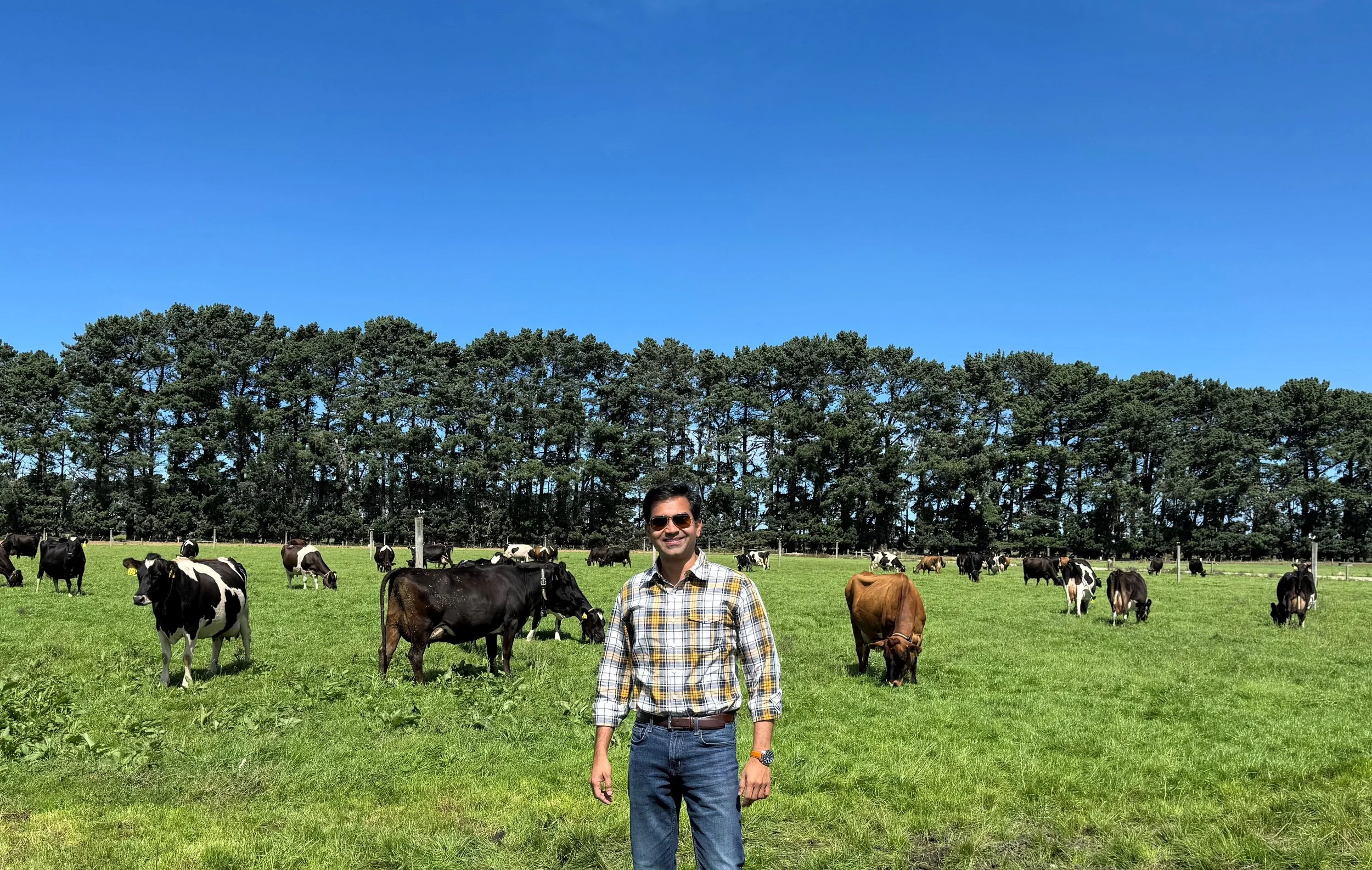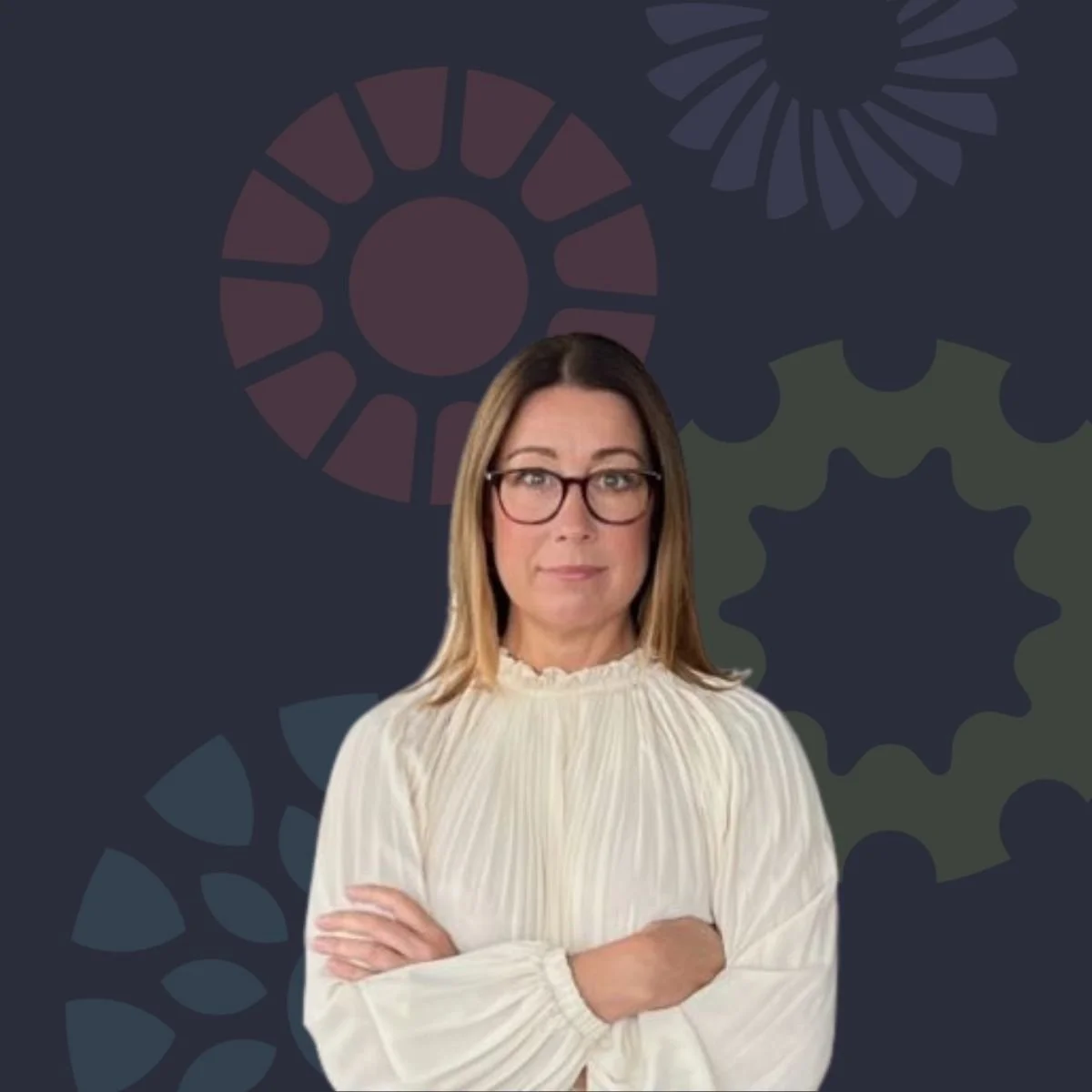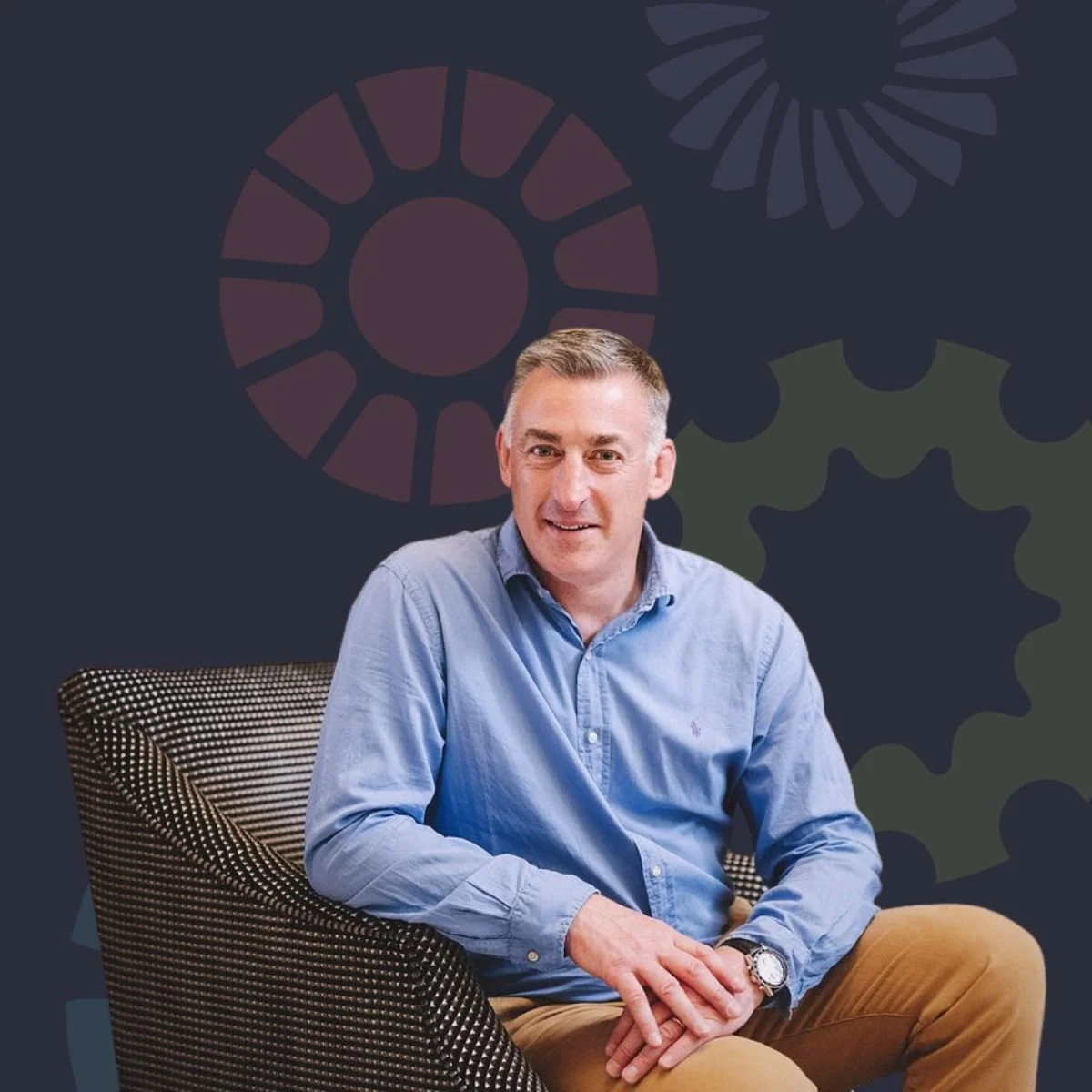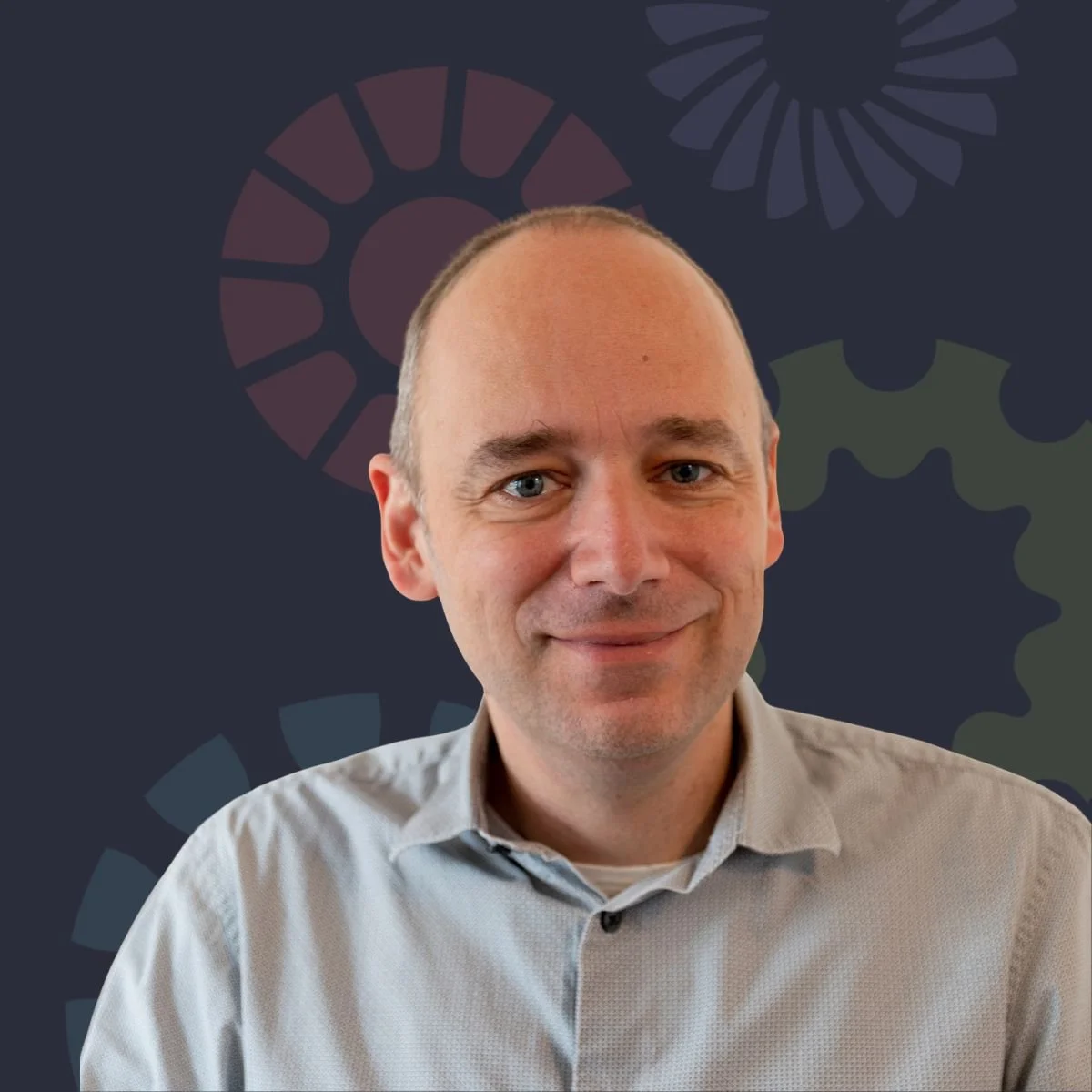Commitment for the Long Term: A Purpose-Led Path into Cocoa
September 2025 | Economics of Mutuality Leaders Stories
A Conversation with Srikanth Ramachandran
From his early days launching Mars’ first chocolate site in India to leading global categories in Chicago, Srikanth Ramachandran's work has taught him that complexity isn’t the enemy — it’s where impact lives. Juggling commercial demands and sustainability goals, he’s discovered that purposeful action isn’t just a guide, it’s a catalyst for real change.
Originally from India and with 21 years of procurement experience, Srikanth has lived through major global market cycles and shifting business strategies. Those years have taken him from Conagra Foods’ global sourcing division to more than a decade at Mars, from leading the commercial team for the company’s first chocolate site in Pune to managing global categories from colors and flavors, to mint and dairy. Since relocating to Chicago in 2017, he has gained what he jokingly calls “eight winters of resilience.”
A few weeks ago, he stepped into cocoa sourcing as VP of Global Cocoa at Mars, a category that presents both scale and sensitivity. “There are ambitious sustainability goals for Mars,” he says. The role places him at the heart of one of the most complex supply chains in the world, where every decision ripples out to farmers, communities, and ecosystems. Balancing short-term financial realities with long-term environmental and social returns is no small task, but it is one he approaches with a clear compass.
That compass stems both from personal values and from his experience with the Economics of Mutuality executive education program “Leading With Purpose”, which reframed the way he sees value creation. “The concept of mutuality has made me think differently about the value we create not just for shareholders, but for all stakeholders,” he reflects. It’s also helped him move past what he calls “the eternal debate of profits versus purpose” and see it not as a trade-off but a paradox to embrace: “It’s not about either short term or long term. It’s both.”
This mindset informed his work in dairy, where he helped design the Moving Dairy Forward program, prioritizing the needs of farmers, suppliers, and communities first — trusting that long-term business resilience would follow.
For him, embedding these principles into daily decision-making is the only way to ensure lasting, positive impact.
If there is one lesson from the program that has truly stayed with him, it is the importance of committing for the long term. “It has given me a very different level of confidence to ask and demand this from internal stakeholders,” he explains. That means advocating for supplier and farmer partnerships that endure beyond market volatility, and building business cases (financial and non-financial) that recognize returns which may take years to appear.
And not all returns can be measured. Srikanth recalls visiting mint farmers in Uttar Pradesh, India, where Mars had helped form producer organizations and improve incomes through savings and loan schemes. When he asked a group of women who had experienced the most impact, one said simply: “I used to sign with my thumb before… now I sign with my hand.”
“This will never get captured in any metric,” he says, “but you can sense the amount of impact it has made to someone’s life. It’s far bigger than what we think. And I don’t think you can even measure all that we are able to drive on the ground.”
Ultimately, Srikanth believes that purpose-driven business is about recognizing unseen transformations and daring to act on the possibility of more. In cocoa, as in every chapter of his career, Srikanth is committed to finding the wins on both sides. Because for him, that’s where business and purpose truly meet. “The challenge is big, but so is the potential for impact.”
Are you a leader with a deep conviction that business should be a force for good? Our Leading With Purpose executive education program could for you.
Delivered online over 9-weeks, the course is grounded in the practical Economics of Mutuality operating model, which has been developed with leading companies and universities including Mars and Oxford University’s Saïd Business School.
Since its inception, it has helped over 500 senior business leaders and investors integrate social and environmental impact into their core business strategy.
New program dates will be released soon. If you are interested in finding out more, please contact our team at hello@eom.org.




